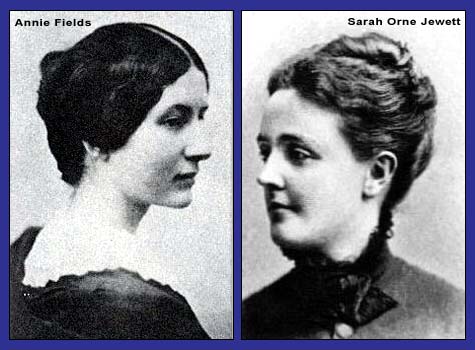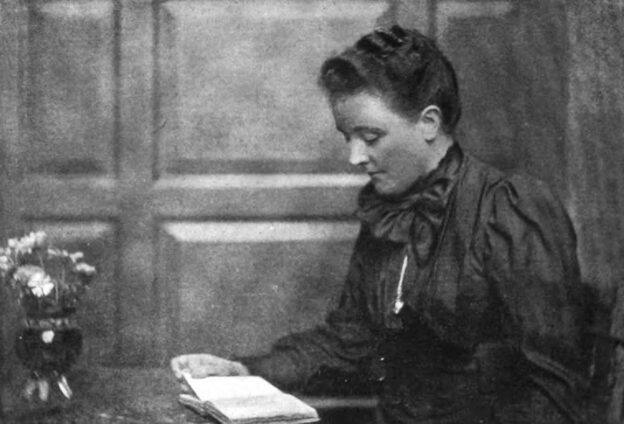Sarah Orne Jewett was a regional writer meaning she writes in her own particular time and area. She spent most of her time in the rugged Maine coast where she does most of her writing. Sarah was one of 3 daughters and was born in Sept 3 of 1948 to an aristocratic family. It’s uncommon for women in the 19th century to be well-educated but both her parents were readers and wanted their 3 daughters to be well-educated. Sarah wanted to become a physician like her father but was unable to achieve that because due to her poor health and instead she turned to writing. Sarah loved following her father around during his rounds as a physician and loved listening to him talk about books and ideas. She published her first short story “Deephave”, a melodramatic tale of love which later led to her true calling: “writing honestly and simply about the richness and poignancy of the common folk of Maine.” Sarah wove feminism with environmental literature, drawing inspiration from the women of Maine. According to Perry D. Westbrook, “The women especially (and most of Jewett’s strong characters are women) had learned to live in harmony with their native region—a rocky, island-studded coast with steep pastures and forested mountains rising close back from the water. The most notable of these women, the widow Almira Todd, subsisted as a herbalist, thus personifying the Maine folks’ ability to draw life-giving strength from a seemingly sterile land.” Also major tribute to the people of Maine as Sarah would say, “these quiet, resourceful, hard-working people, the significance of whose lives, now that the adventurous seafaring days were gone, Jewett found to be in the success with which they had adjusted to a harsh environment.”

After her father’s death, she began a very close relationship with a woman named Annie Fields whom was a wife to the publisher James Fields. After his death, Annie and Sarah’s relationship grew closer and formed what is known as a “Boston marriage” which pretty much was gay marriage in today’s world but during the 19th century homosexuality was considered taboo. Due to her relationship with a woman, it changes the story of the “White Heron,” it wasn’t just man against nature, it was also man against woman. The ornithologist wanted to capture a rare bird as part of his conquest, while Sylvie a girl, like a white heron, sought refuge, away from the likes of this man and the business of the city. It was later the story was rejected by the Atlantic Monthly as it was too sentimental.
Sarah then continued on her writing and wrote “The country of the pointed Firs” (1896) novel which then later solidified her career and reputation as the century’s greatest regional writer with more than 150 stories and 4 novels published. Sadly, she gave up as a writer in 1902 after a carriage accident and instead she continued to devote her remaining years to her companion Annie Fields.
Sources Used: “Sarah Orne Jewett.” LitFinder Contemporary Collection, Gale, 2007. Gale Literature: LitFinder, https://link-gale-com.proxy.wexler.hunter.cuny.edu/apps/doc/LTF0000035391BI/GLS?u=cuny_hunter&sid=GLS&xid=82929a23. Accessed 12 Aug. 2020.
Westbrook, Perry D. “Sarah Orne Jewett: Overview.” Reference Guide to American Literature, edited by Jim Kamp, 3rd ed., St. James Press, 1994. Gale Literature Resource Center, https://link-gale-com.proxy.wexler.hunter.cuny.edu/apps/doc/H1420004364/GLS?u=cuny_hunter&sid=GLS&xid=975e67fb. Accessed 13 Aug. 2020.



